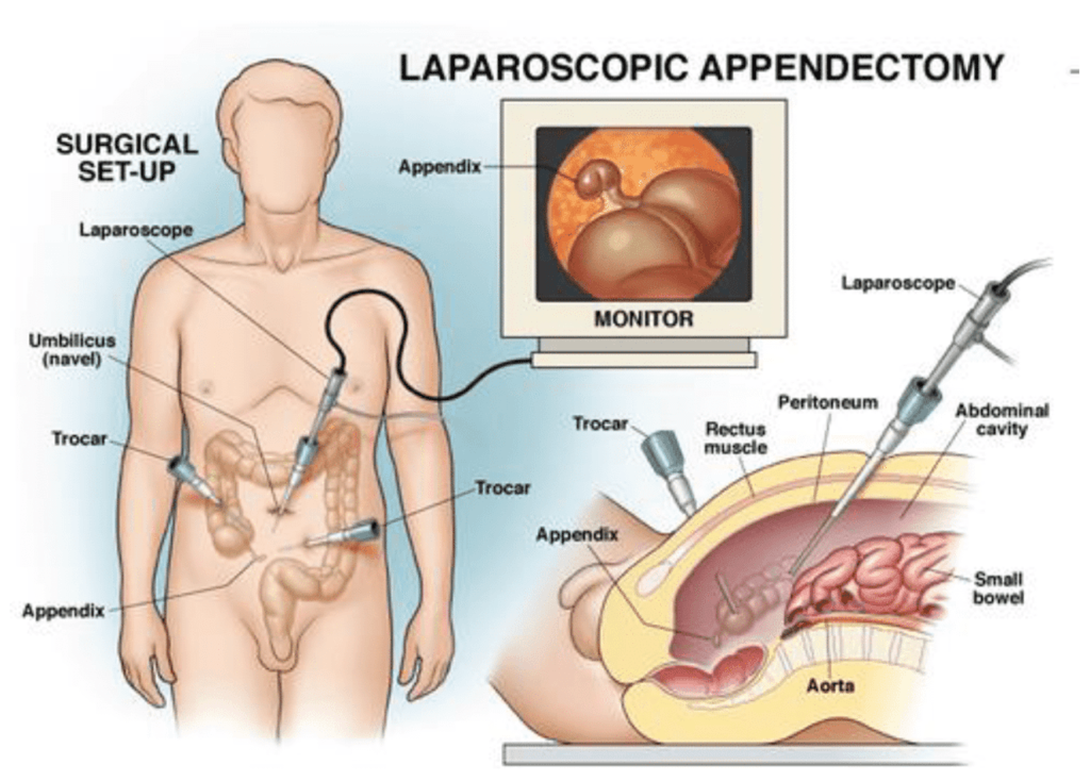The term "appendectomy" means:
Removal of the appendix.
Removal of the colon.
Cutting into the appendix.
Repair of the appendix.
The Correct Answer is A
Choice A reason: An appendectomy is a surgical procedure to remove the appendix, typically due to appendicitis.

Choice B reason: Removal of the colon is known as a colectomy, not an appendectomy.
Choice C reason: Cutting into the appendix may be part of the procedure, but appendectomy specifically refers to the removal of the appendix.
Choice D reason: Repair of the appendix is not a common procedure; appendectomies are performed to remove the appendix, not repair it.
Nursing Test Bank
Naxlex Comprehensive Predictor Exams
Related Questions
Correct Answer is D
Explanation
Choice A reason: Thinking/content of thought refers to the logical process of thought and coherence, not directly to the experience of reality.
Choice B reason: Mood and affect pertain to the emotional state and its expression, not the perception of reality.
Choice C reason: Judgment involves decision-making abilities and the evaluation of situations, not the perception of reality.
Choice D reason: Perception is the component that deals with how a person experiences reality, including any hallucinations or delusions they may have.
Correct Answer is D
Explanation
Choice A reason: Instructing the patient to wear constrictive clothing is incorrect, as it can worsen venous stasis ulcers by impeding blood flow.
Choice B reason: Encouraging the patient to keep legs in a dependent position is not recommended, as elevation helps in reducing venous pressure.
Choice C reason: Frequent ambulation is encouraged to promote blood circulation and prevent stasis.
Choice D reason: Applying compression stockings is a standard care practice to help reduce venous pressure and prevent fluid from pooling in the legs.
Whether you are a student looking to ace your exams or a practicing nurse seeking to enhance your expertise , our nursing education contents will empower you with the confidence and competence to make a difference in the lives of patients and become a respected leader in the healthcare field.
Visit Naxlex, invest in your future and unlock endless possibilities with our unparalleled nursing education contents today
Report Wrong Answer on the Current Question
Do you disagree with the answer? If yes, what is your expected answer? Explain.
Kindly be descriptive with the issue you are facing.
